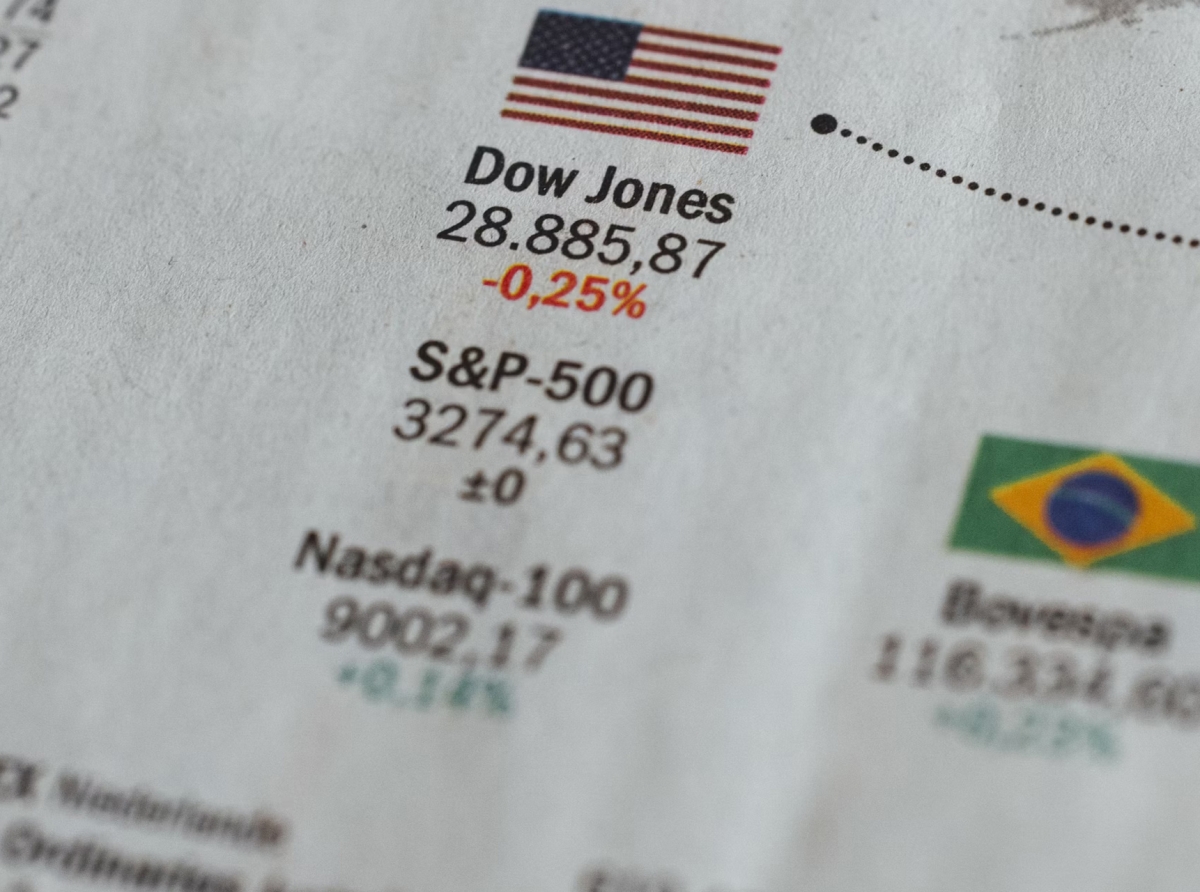
Who Are Dow and Jones?
The Dow Jones Index is a term that resonates even with those who have little to no knowledge of the currency and stock markets. As one of the most referenced indicators of economic health, it carries substantial weight in financial circles globally. The index, often seen as a barometer for the American economy, encapsulates the performance of 30 significant publicly traded companies in various industries. But who exactly were Dow and Jones? This essay delves into the lives and contributions of Charles Dow and Edward Jones, the pioneers behind this influential financial metric.

Who Are Dow and Jones?
Charles Dow: The Visionary Journalist
Charles Henry Dow was born on November 6, 1851, in Sterling, Connecticut. A man with humble beginnings, Dow started his career as a journalist. His early years were marked by a keen interest in business and finance—a passion that would later shape his professional pursuits.Dow’s most notable contribution to financial journalism was co-founding The Wall Street Journal in 1889 alongside Edward Jones and Charles Bergstresser. The newspaper quickly became an essential source for reliable financial news and analysis. It was within this realm that Dow’s visionary approach began to shine.
Recognizing a need for a systematic way to track market trends, Charles Dow created what would eventually become known as the Dow Jones Industrial Average (DJIA) in 1896. Initially comprising just 12 companies predominantly in industrial sectors such as railroads, cotton, gas, sugar, tobacco, and oil, the index provided a tangible measure of market performance over time.
Edward Jones: The Financial Statistician
Born on October 7, 1856, Edward Davis Jones was an astute statistician with a sharp eye for numbers. Unlike Dow’s public-facing role as a journalist, Jones worked more behind the scenes but played an equally critical role in shaping modern financial analysis.Jones’s partnership with Charles Dow was founded on mutual respect and complementary skills. While Dow provided journalistic insights and market observations, Jones contributed rigorous statistical methods to analyze market data comprehensively.
Jones’s analytical prowess helped refine the methodology behind compiling stock averages—an endeavor crucial for developing reliable economic indicators. This collaboration laid down robust foundations for what would become one of history’s most important financial indices.
The Birth of the Dow Jones Index
The year was 1896—a period marked by rapid industrialization and economic transformation in America. Amidst this dynamic backdrop emerged the first iteration of what we now know as the DJIA.The initial composition included major players from industrial sectors that were driving economic growth at that time. Companies like American Cotton Oil Company (a predecessor of H.J. Heinz), General Electric (still part of today’s DJIA), and American Sugar Refining Company exemplified this industrial focus.
The mechanism behind calculating the index was relatively straightforward: it involved summing up stock prices of these selected companies divided by their number—an approach designed to provide an average reflecting overall market conditions accurately.
By offering investors an easy-to-understand snapshot of market trends through aggregated data points rather than isolated stock performances alone—Dow’s creation revolutionized how people tracked stock markets.
Legacy and Modern Relevance
Over more than a century since its inception—the DJIA has undergone numerous changes both regarding its composition (from initially 12 stocks now expanded to 30) as well as calculation methods (now using divisor adjustments accounting for corporate actions like mergers or stock splits).Despite these evolutions—the core purpose remains unchanged: providing transparent insights into broader market movements while reflecting shifts within America’s industrial landscape over time accurately.
Today—the legacy left behind by Charles Dow & Edward Jones continues exerting profound influence within contemporary finance realms globally—from guiding investment strategies among institutional investors through hedging mechanisms employed during volatile periods—to serving educational purposes among aspiring economists analyzing historical trends or forecasting future ones alike…
Their pioneering contributions not only democratized access towards crucial financial information but also instilled greater transparency amidst burgeoning capitalist economies worldwide—thereby fostering informed decision-making processes at every level imaginable…
In conclusion—understanding who Charles Henry Dows & Edward Davis Joness were alongside appreciating monumental impacts rendered upon global financial systems via their groundbreaking innovations offers invaluable insights underscoring ongoing relevance surrounding iconic namesakes comprising “Dow-Jones Index” today…
Dow Jones Index, Finance, Stock Market, Charles Dow,Edward Jones
Dow Jones Index, Finance, Stock Market, Charles Dow,Edward Jones









Report
My comments